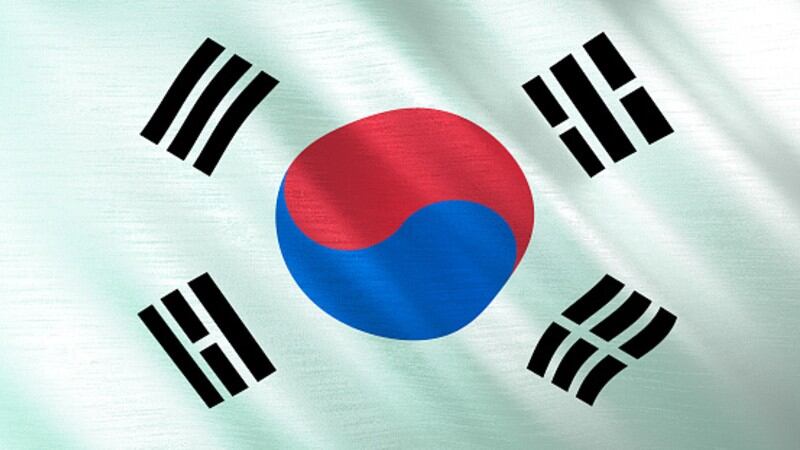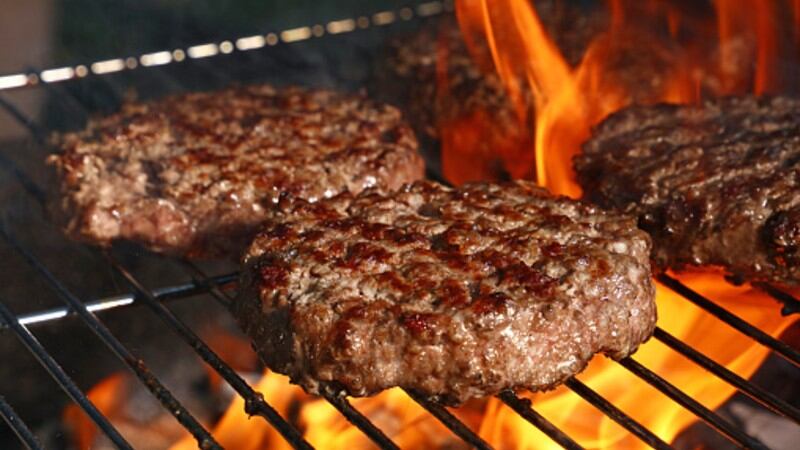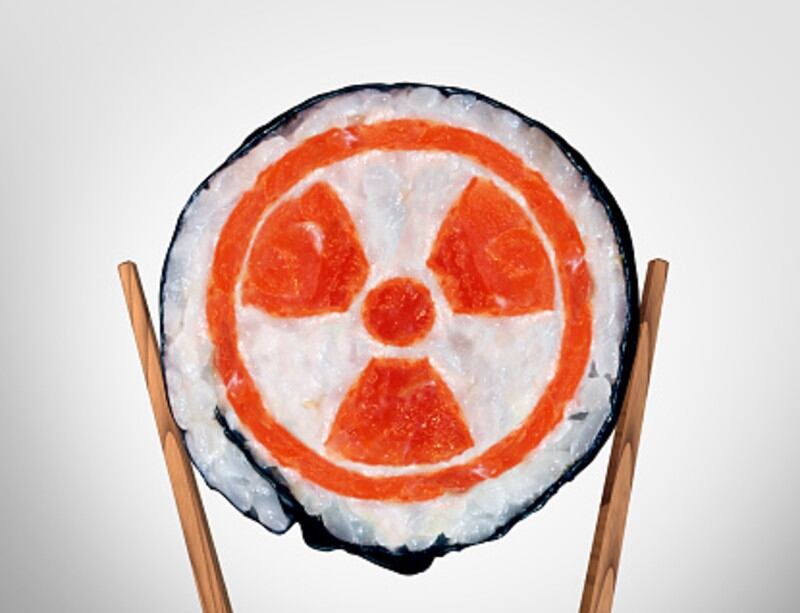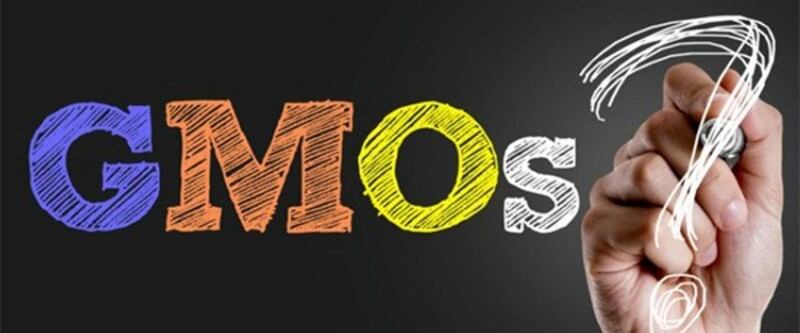The 2021 business plan, titled ‘Recover, Inclusion, Leap: Korea 2021’ was announced by the South Korean Ministry of Agriculture, Food and Rural Affairs (MAFRA) and looks to tie in with the country’s overarching ‘Korean New Deal’ strategy which was established last year to support COVID-19 recovery.
The Korean New Deal comprises three major components – the Digital New Deal, the Green New Deal, and Stronger Safety Net – making it no surprise that MAFRA’s 2021 business plan has prioritized technology, sustainability and food security as main developmental goals for this year to tie in with the New Deal.
Under the technology umbrella, digital advancement is a key priority for the ministry with many ambitious plans in place from the establishment of smart institutions to the development of e-commerce pathways for food product sales.
“This year will see the completion of four Smart Innovation Valleys nationwide for agriculture development, two in June and two in December, [where] multi-ministry co-operation research will be utilised, [from] productivity improvement technology to artificial intelligence and automation,” MAFRA said via the business plan documentation.
“Focus will also be placed on promoting and innovating digital food and agricultural product distribution, [such as] diversifying online transaction methods [for food companies]. The entire agri-food export support system will also be reorganized to focus on online transactions.
“Here, overseas online distribution platforms will be expanded – in 2020, a lot of focus for our food and agriculture e-commerce exports were via China’s Tmall, but this year we will be expanding to focus more on five more such platforms such as Hema Xiansheng in China and Shoppee in South East Asia.”
MAFRA will also oversee the establishment of an online B2B transaction platform for food businesses that will provide regular consultation on export-related matters, so as to expand the reach of local businesses to sell overseas.
Food security
MAFRA also identified food security as a key area of focus this year, particularly emphasizing on the need to increase self-sufficiency in foods that are currently being heavily imported, in the name of better risk management.
“It is necessary to increase our self-sufficiency rate of major grains with a large import ration currently, such as wheat and soybeans, [and] we must strengthen our internal and external capacity to respond to any food crisis by expanding our stockpile of these foods,” said MAFRA.
“[As such], more infrastructure to support this will be built and expanded, such as specialized production complexes, storage facilities and processing facilities.”
In this regard, national facilities to manage wheat will be expanded from 27 outlets in 2020 to 32 in 2021, soybean cultivation complexes will be more than doubled from 44 to 100, and soybean storage facilities will increase from 10 to 14 this year.
“The total wheat and soybean stockpile targets we are aiming for this year are 10,000 tons and 25,000 tons respectively, which will increase to 20,000 tons and 25,000 tons by 2023 and then 30,000 tons each by 2025,” said MAFRA.
“International grain markets trends will be constantly monitored, and an alarm system [has been put in place] in the event of any crises such as a sudden change in supply and demand.”
Sustainability goals
South Korea already established overall sustainability plans towards becoming a net-zero society a few years back, including a 2030 target for the reduction of 200 million tons of greenhouse gas (GHG) emissions compared to the currently projected 850.6 million tons.
Within this, MAFRA is targeting GHG emission cuts within the food and agriculture industry, aiming to reduce GHG emissions to 19 million tons or less by 2030, compared to 20.4 million in 2017.
“Carbon reduction measures will be looked at both before and after the point or agriculture, with particular focus on livestock and rice farming [where we know a lot of the carbon footprint lies], and an energy conversion plan will be established for the entire industry by the end of the year,” said the ministry.
“We will [do this in line with the] global RE100 (Renewable Energy 100) campaign pledging to use 100% renewable energy, [and] beyond agriculture, we will also be promoting the ‘renewable energy circulation model’, which involves the integration of renewable energy production facilities, in five cities and counties targeted for spatial planning.”
Other major plans under this area include solar power plans, where MAFRA pledged to create detailed standards for the introduction of solar power in the local industry, and increase the supply of renewable energy from 2.7 gigawatts in 2020 to 10 gigawatts by 2030.





